(CLO) According to official statistics from the Indonesian Government , nearly 10 million people have left the country's middle class since 2019.
Halimah Nasution once felt as if she had it all. For years, she and her husband, Agus Saputra, made a comfortable living renting out props for weddings, graduations and birthdays.
Even after dividing the income among several siblings who help them with this work, the couple in Indonesia's North Sumatra province still earns about 30 million rupiah (nearly 50 million VND) per month.
Spending only about a quarter of their income each month, the couple falls into Indonesia's middle class, officially defined as those with monthly expenditures between 2 million rupiah and 9.9 million rupiah.
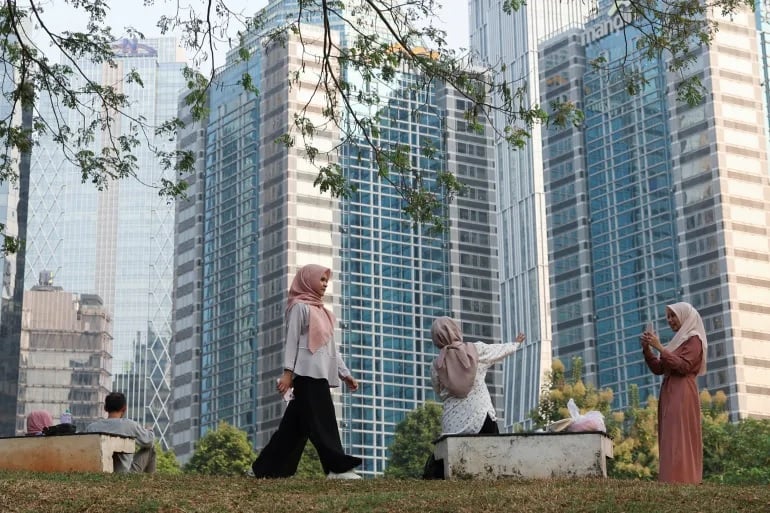
Millions of Indonesians have left the middle class in the past few years. Illustration photo: Reuters
From the COVID pandemic to global instability
But then came the COVID-19 pandemic. The lockdown was devastating. “We lost everything,” Nasution told Al Jazeera. Years later, the couple has yet to recoup their losses and revive their business.
They are among millions of Indonesians who have been pushed out of the Southeast Asian nation’s shrinking middle class. The number of Indonesians classified as middle class fell from 57.3 million in 2019 to 47.8 million this year, according to data from Indonesia’s Central Statistics Agency.
Economists say the decline is due to a number of reasons, including the fallout from COVID-19, global uncertainty and shortcomings in the country's social safety net.
Ega Kurnia Yazid, a policy expert with the Indonesian government-run National Poverty Reduction Acceleration Team, said “a number of interconnected factors” contributed to the trend.
Indonesia's middle class “contributes the majority of tax revenue but receives less social benefits” than the poorer classes below, Yazid explained.
Nasution and her husband understood this lack of support when their business collapsed. “We did not receive any help from the government when we were no longer able to work during the pandemic…”, she said.
"The middle class is in a dilemma. We are not exactly rich, but we are not poor enough to receive subsidies that could benefit us," Dinar, a worker in Jakarta, told DW.
Research published by the Institute for Economic and Social Research (LPEM-UI) of the University of Indonesia in August 2024 shows that the purchasing power of the middle class and those aspiring to become middle class in Indonesia has decreased over the past five years. They now need to allocate more of their budget to food and therefore spend less on other things.
When the economy depends heavily on trade and services
Indonesia's economy has grown steadily since the pandemic ended, with annual gross domestic product (GDP) growth of about 5%. But like many developing countries, Southeast Asia's largest economy is heavily reliant on trade, making it vulnerable to a global slowdown.
“Major trading partners such as the US, China and Japan are experiencing a slowdown, as indicated by the Purchasing Managers’ Index (PMI), leading to a decline in international demand for Indonesian goods… This puts additional stress on the middle class,” Yazid said.
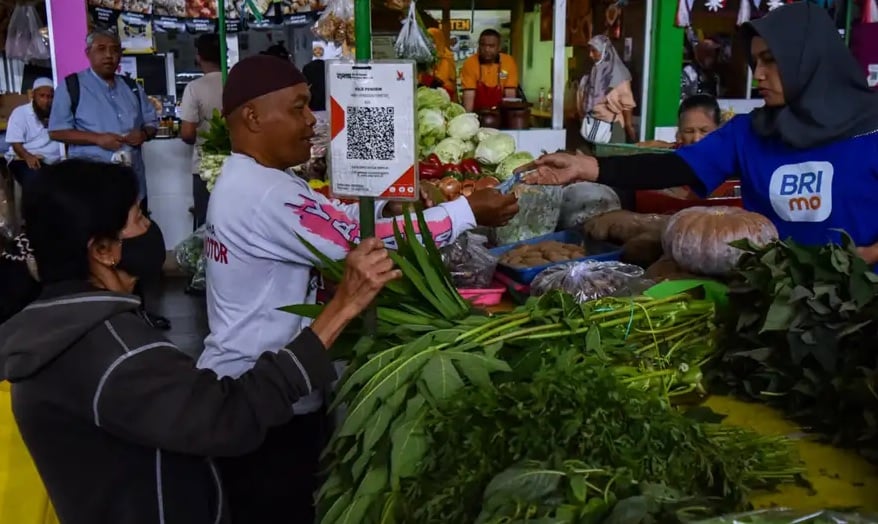
Indonesians are spending more of their budget on food and less on other items. Illustration photo: Aman Rochman
Indonesia's stressed middle class "reflects deeper structural problems, particularly the impact of Indonesia's deindustrialization," said Adinova Fauri, an economics researcher at the Center for Strategic and International Studies (CSIS).
“Manufacturing, which once absorbed a large part of the workforce, can no longer do so. A significant part of the workforce has moved into the service sector, which is largely informal and offers lower wages and minimal social security,” Fauri said.
There are not many opportunities to start a business again.
President Prabowo Subianto's inauguration last month raised hopes for the economy in some places. During his campaign, he pledged to achieve 8% GDP growth and eradicate poverty.
However, at this time, Nasution and her family were still helpless in reviving her career. After buying many items for her work such as stages and decorations which were expensive by installments, she and her husband quickly fell into poverty when the business failed.
“We sold the car, sold the land and mortgaged the house,” Nasution said. “It was dead. Our business was completely dead.”
Nasution’s husband had to find work harvesting oil palm fruit, earning about 2.8 million rupiah (nearly 5 million VND) a month. Meanwhile, Nasution took a cleaning job, working from 8 am to 1 pm, six days a week, for a monthly salary of about 1 million rupiah (1.6 million VND). Their once comfortable life is now a distant past.
“Our lives are very different now, and we are not as stable as before. We need capital to start a business again, but we cannot save money to do so,” Nasution said. “We only have enough money to live temporarily, but life has ups and downs, hopefully things will get better.”
Hoang Hai (according to AJ, DW)
Source: https://www.congluan.vn/chung-toi-da-mat-tat-ca-hang-trieu-nguoi-indonesia-roi-khoi-tang-lop-trung-luu-post321613.html





![[Photo] Discover unique experiences at the first World Cultural Festival](https://vphoto.vietnam.vn/thumb/1200x675/vietnam/resource/IMAGE/2025/10/11/1760198064937_le-hoi-van-hoa-4199-3623-jpg.webp)































![[Photo] General Secretary attends the parade to celebrate the 80th anniversary of the founding of the Korean Workers' Party](https://vphoto.vietnam.vn/thumb/1200x675/vietnam/resource/IMAGE/2025/10/11/1760150039564_vna-potal-tong-bi-thu-du-le-duyet-binh-ky-niem-80-nam-thanh-lap-dang-lao-dong-trieu-tien-8331994-jpg.webp)





























![[Photo] General Secretary attends the 80th Anniversary of the Traditional Day of the Armed Forces of Military Region 4](https://vphoto.vietnam.vn/thumb/402x226/vietnam/resource/IMAGE/2025/10/12/1760265970415_image.jpeg)

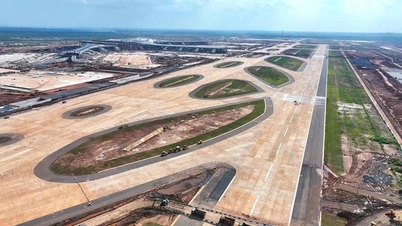
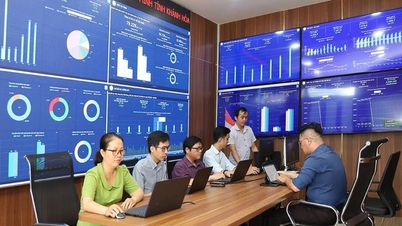



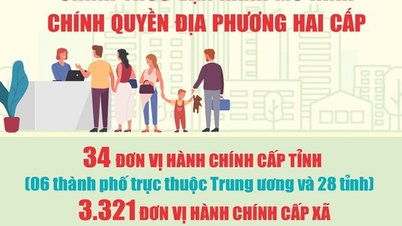
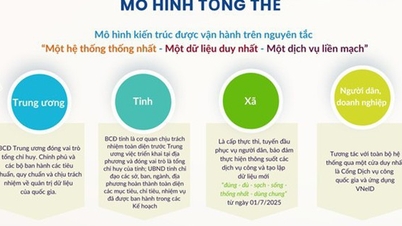
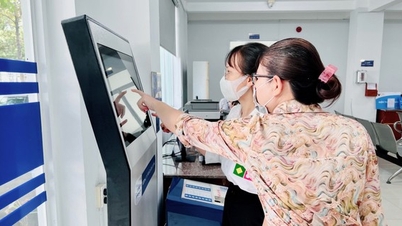

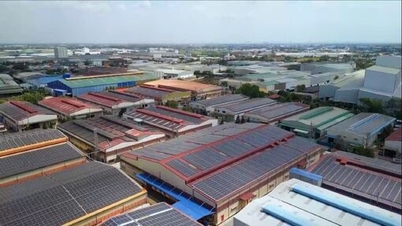





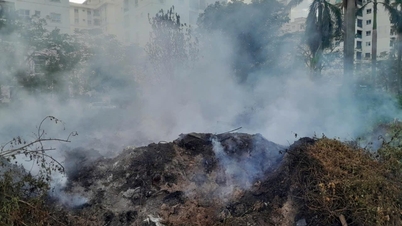
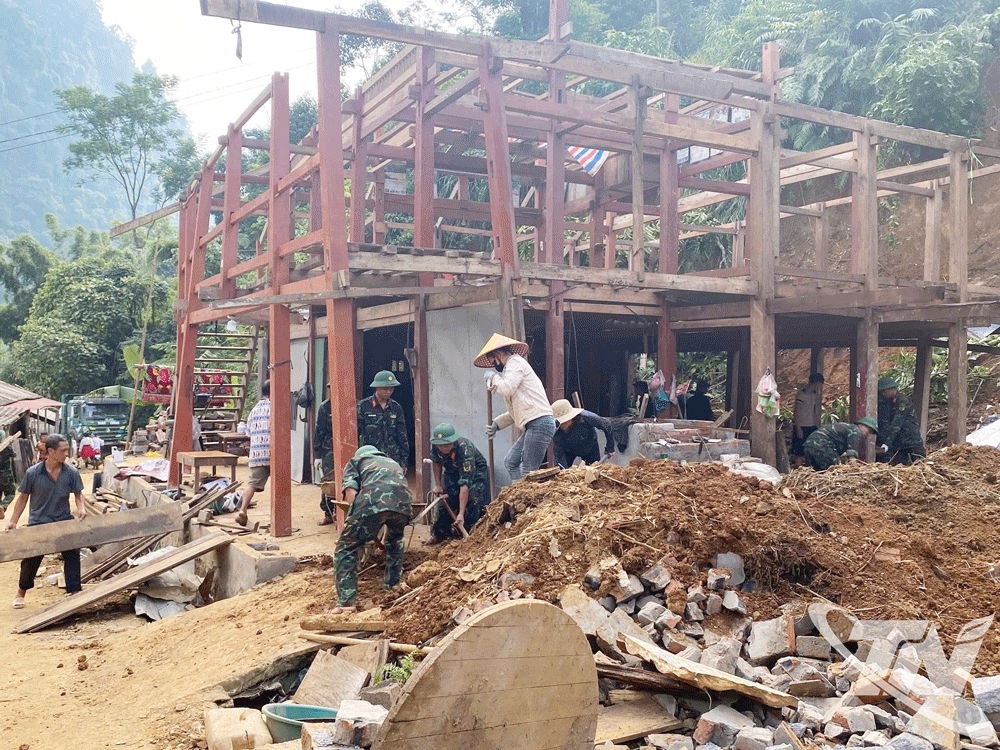















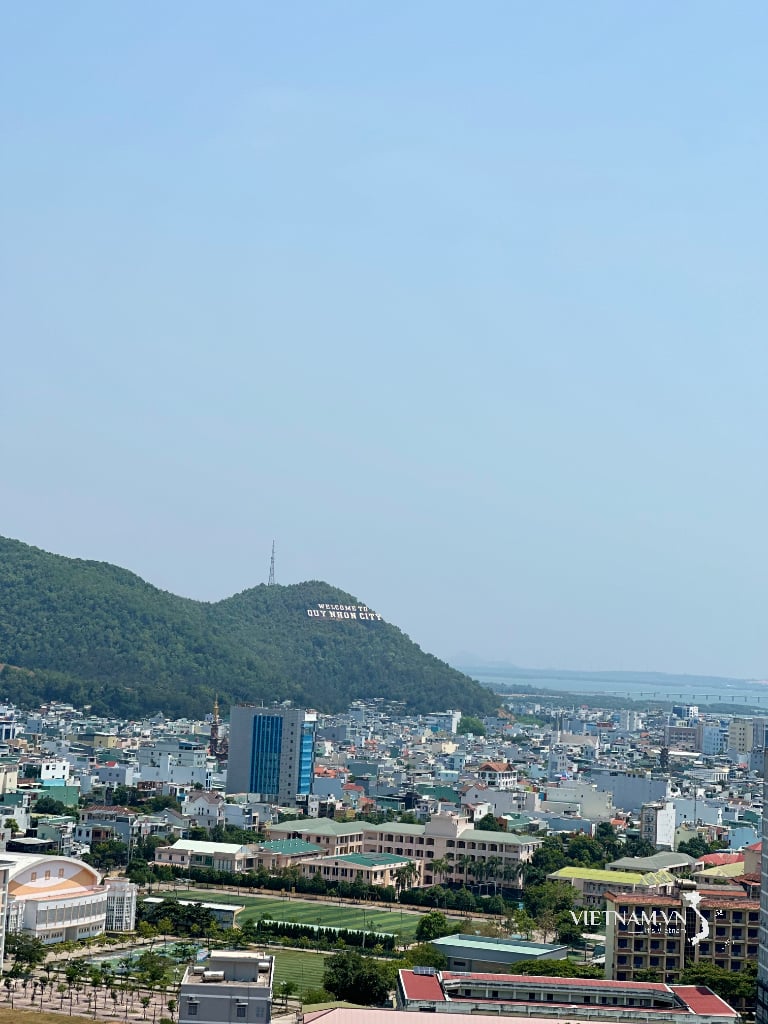

Comment (0)